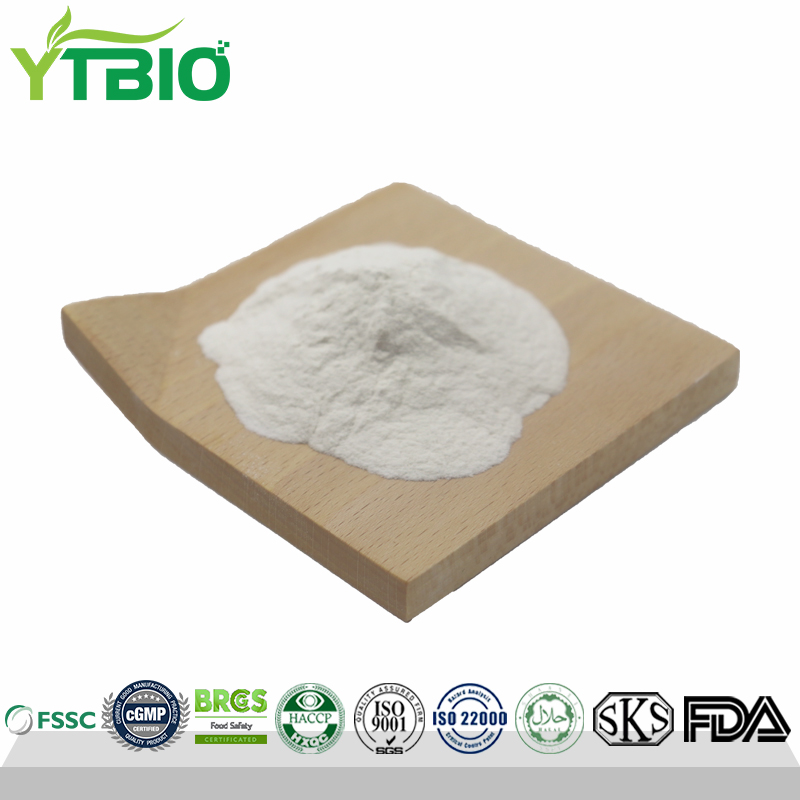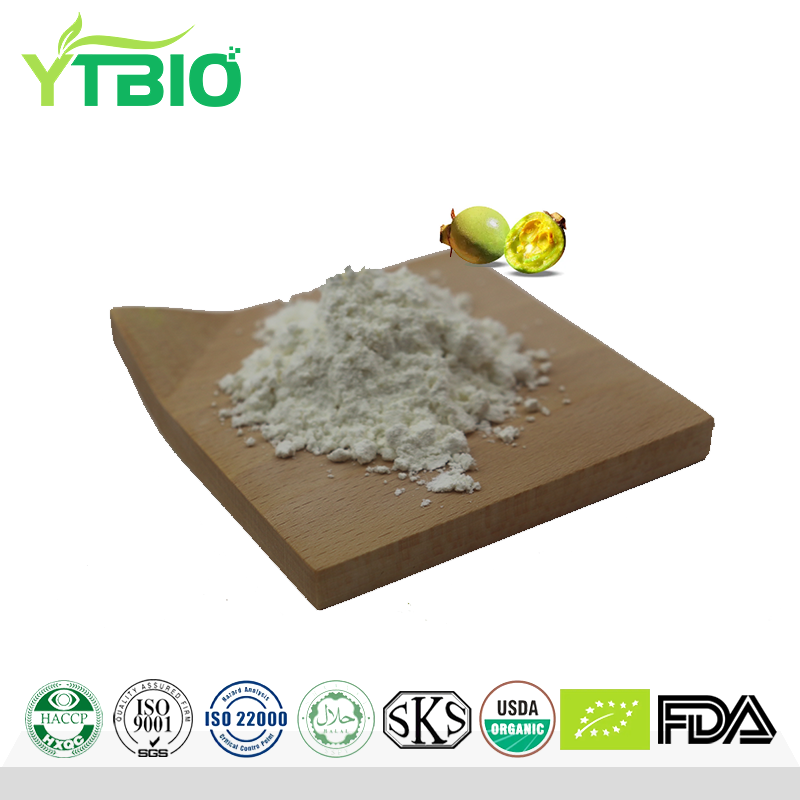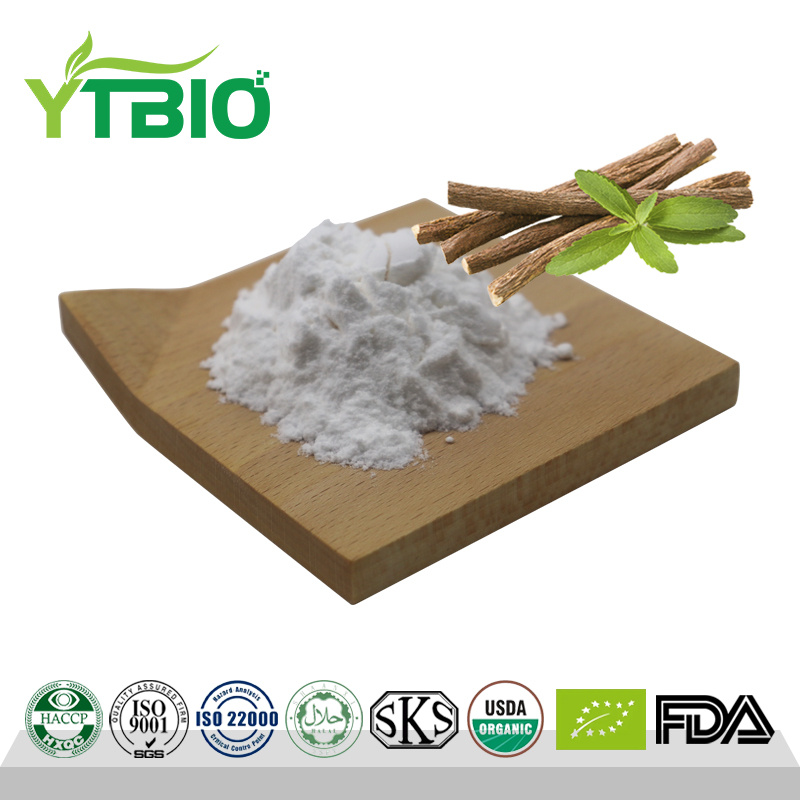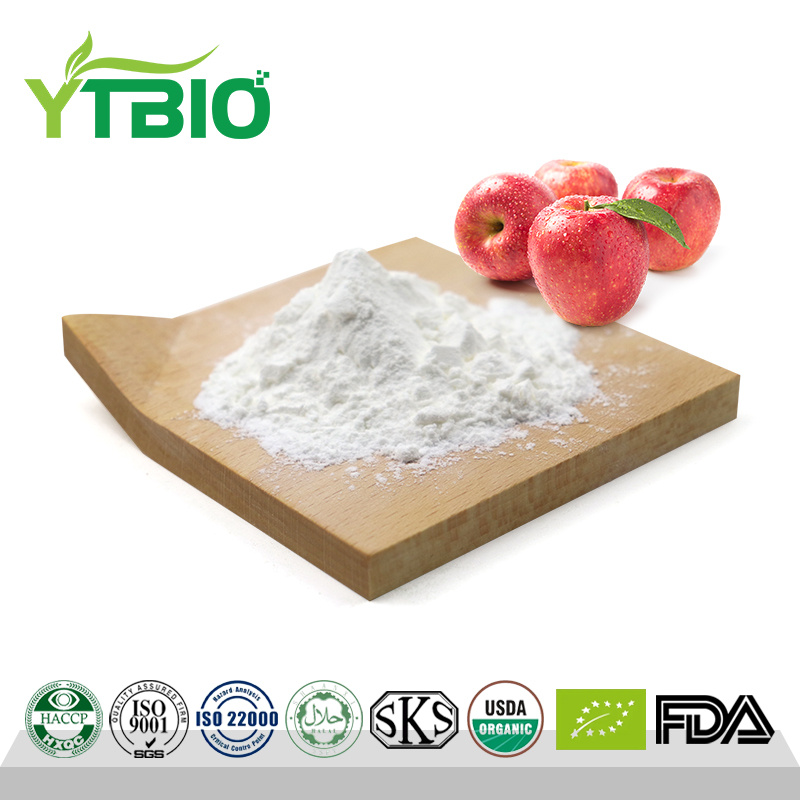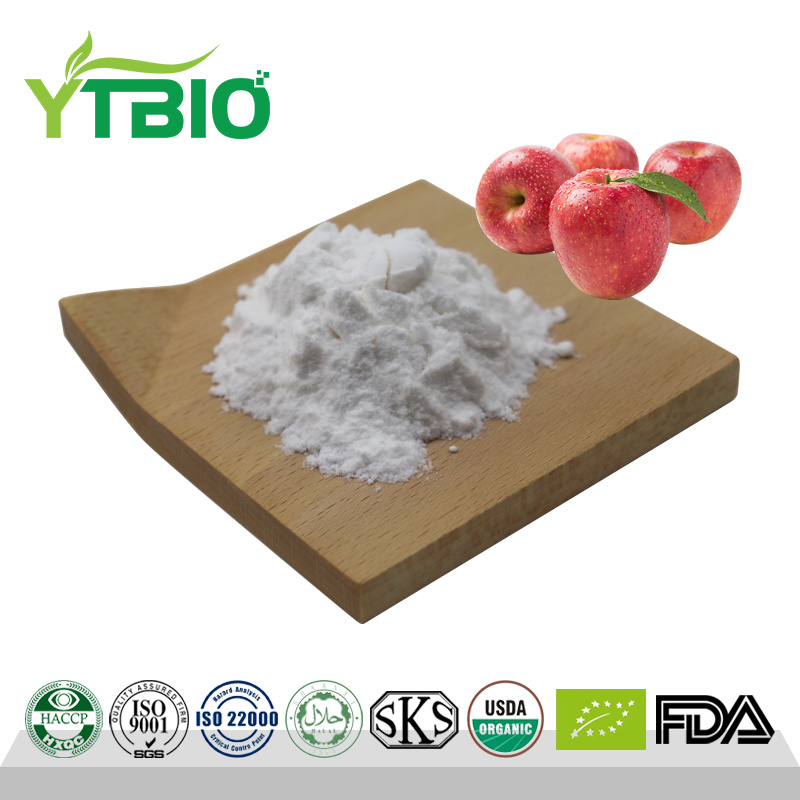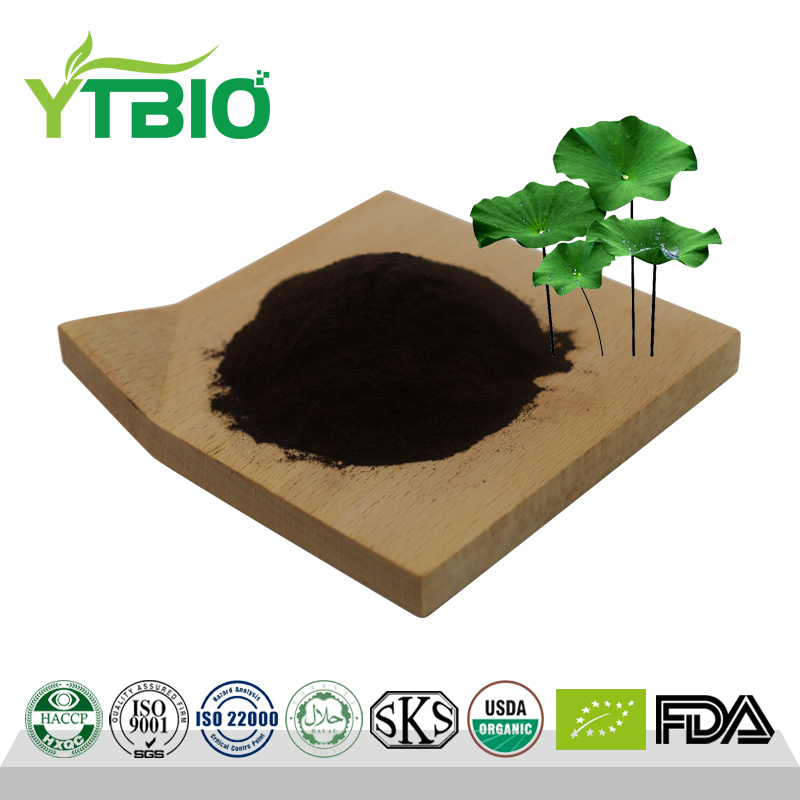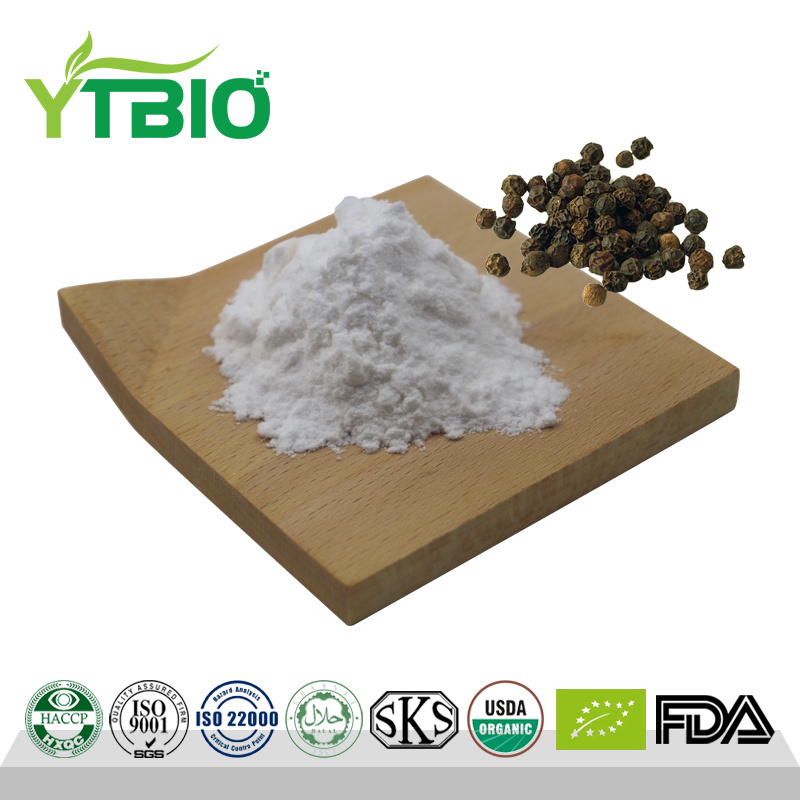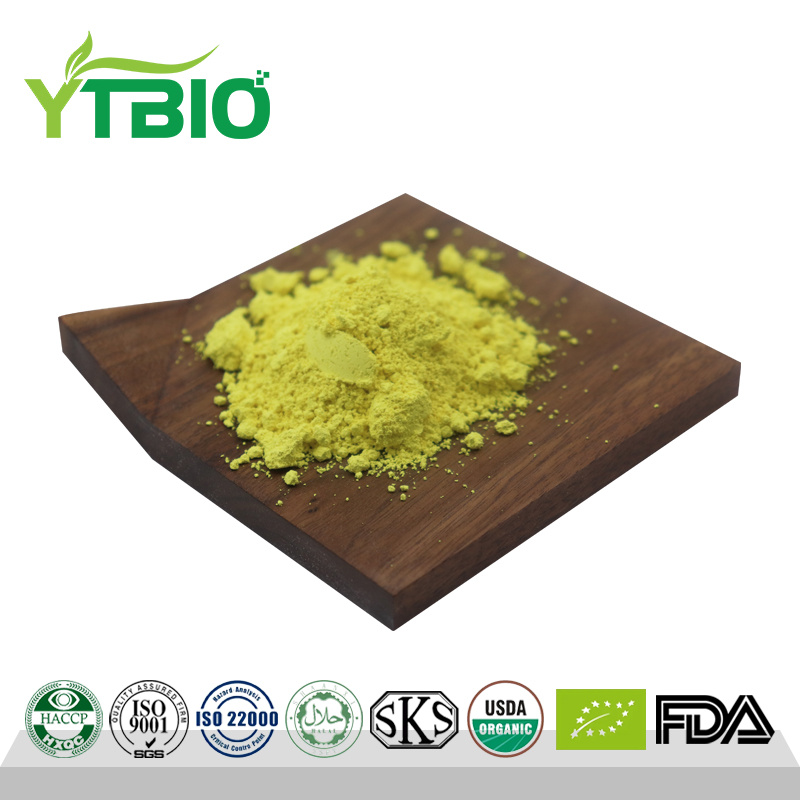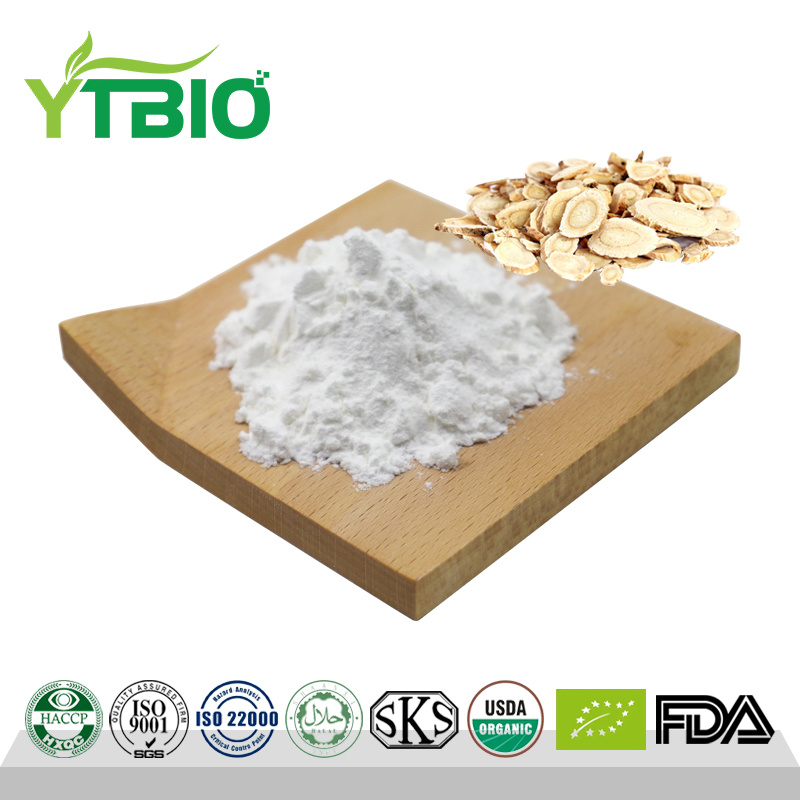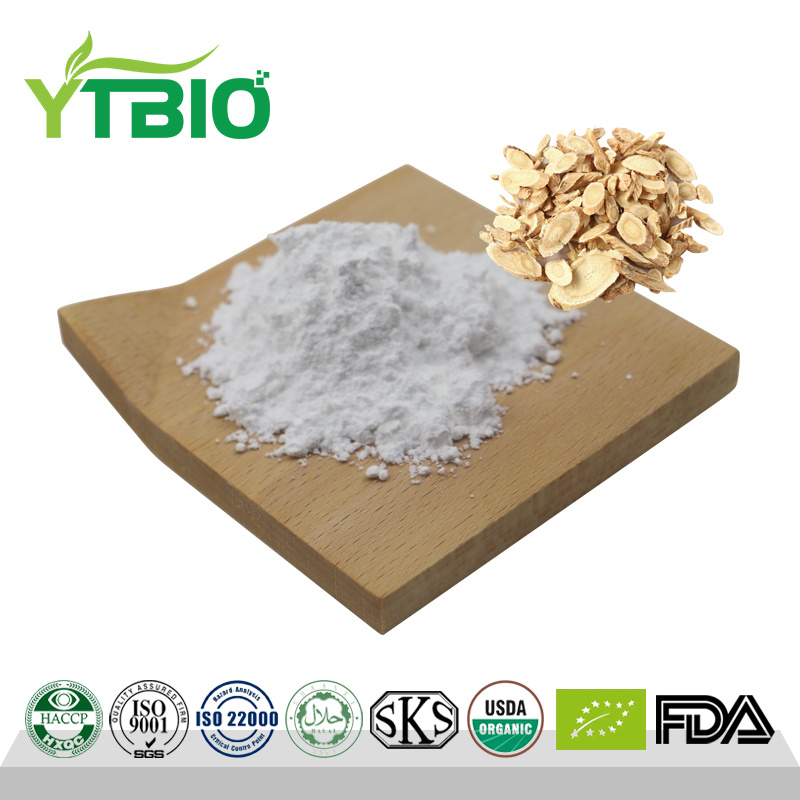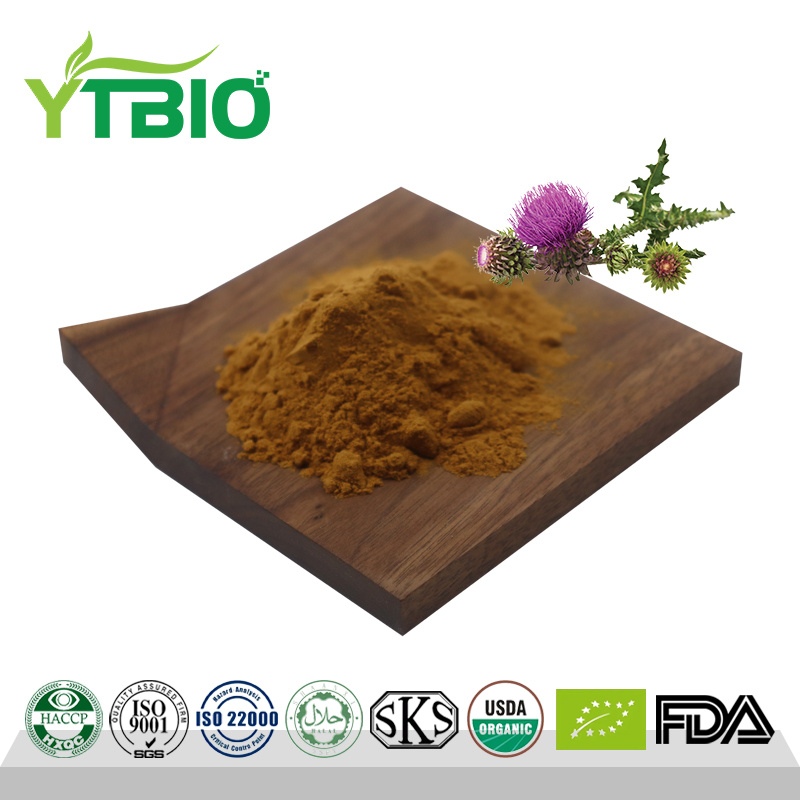Milk thistle extract Silymarin powder
What is silymarin?
Silybin is a natural flavonoid lignan compound extracted from the dried fruits of the Asteraceae plant, Silybum marianum. It is poorly soluble in water but easily dissolves in acetone, ethyl acetate, methanol, and ethanol. As one of the most effective flavonoid compounds for treating liver diseases, its medicinal use dates back to the 1st century in Greek and Roman medical texts. This active ingredient effectively prevents liver damage caused by toxins by stabilizing liver cell membrane structures and maintaining liver cell integrity. Additionally, it significantly promotes the synthesis and repair of liver cell DNA, demonstrating excellent hepatoprotective effects.
What are the benefits?
Inhibition of Lipoxygenase and Peroxidase
Reduces oxidative stress responses by inhibiting the activity of relevant enzymes.
Scavenging Reactive Oxygen Species (ROS)
Directly scavenges free radicals, resists lipid peroxidation, and maintains cell membrane stability.
Hepatoprotective Effects
Effectively counteracts liver damage caused by hepatotoxins such as carbon tetrachloride, galactosamine, and alcohol.
Antioxidant Effects
Exhibits strong antioxidant capacity, protecting liver cells from free radical damage, with effects superior to vitamin E.
Promotion of Liver Cell Repair
Accelerates protein synthesis, promotes liver cell regeneration, and aids in the self-repair of damaged cells.
Anti-aging Effects
Has radioprotective effects and delays the aging of the skin and body.
Prevention and Treatment of Cardiovascular and Cerebrovascular Diseases
Enhances the body's antioxidant capacity and provides significant protection against brain ischemia-related damage.
Application direction
Silymarin, with its unique multi-target mechanism of action and powerful free radical scavenging ability, has gained widespread application in the fields of dietary supplements and cosmetics. Its core effectiveness is manifested in its remarkable antioxidant activity, effectively blocking the pathological process of lipid peroxidation that leads to cell membrane damage. In damaged liver cells, silymarin demonstrates a threefold protective mechanism: first, by stabilizing the liver cell membrane structure, it prevents the loss of soluble components such as transaminases and blocks the penetration of hepatotoxins like α-amanitin; second, it activates RNA polymerase I activity within the cell nucleus, promoting ribosomal RNA synthesis; and third, by regulating phospholipid metabolism and stimulating protein synthesis, it significantly enhances the self-repair and regeneration capabilities of liver cells. These synergistic effects make silymarin a natural active ingredient for maintaining liver health.



